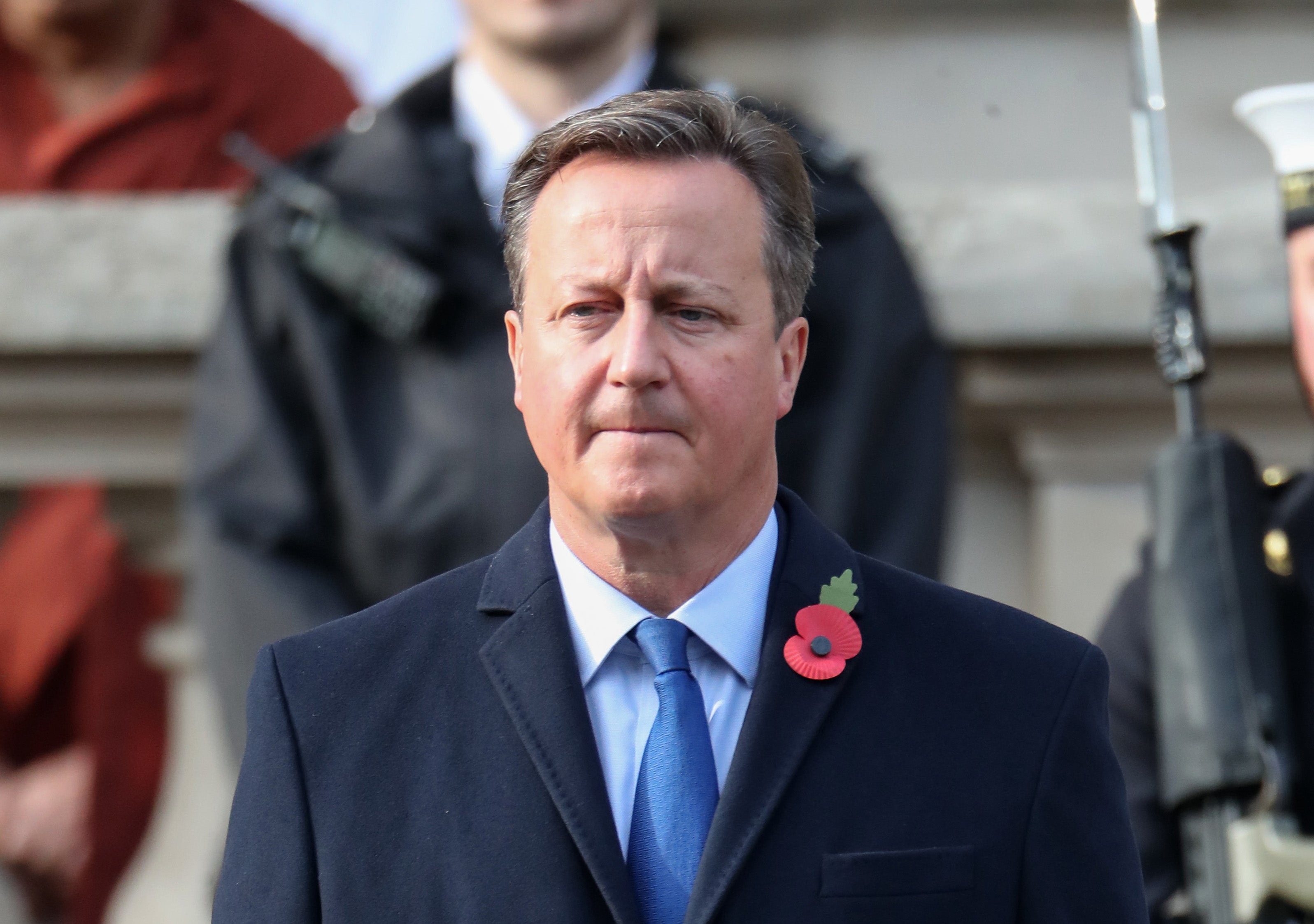A brief history of Westminster sleaze
From Neil Hamilton to Andrew Mitchell and David Cameron, the whiff of scandal is never far from British politics, writes Andrew Woodcock

If there’s one thing more inevitable than MPs getting caught up in sleaze and misbehaviour scandals, it’s that whatever new rules emerge as a result will turn out to be unable to prevent new scandals occurring.
What does change, however, is the seriousness with which different governments deal with allegations of impropriety or misbehaviour, with Boris Johnson’s administration seemingly far more willing to allow ministers and advisers to “get away with it” than its predecessors were.
The word “sleaze” first came to wide public prominence as a result of the “cash for questions” affair of 1994, when Tory MPs Neil Hamilton and Tim Smith were forced to resign from government jobs after then Harrods owner Mohamed al-Fayed revealed he had given them money in brown paper envelopes to ask questions in parliament. The affair also led to the jailing of former defence minister Jonathan Aitken over secret meetings with Saudi representatives.
Subscribe to Independent Premium to bookmark this article
Want to bookmark your favourite articles and stories to read or reference later? Start your Independent Premium subscription today.
Join our commenting forum
Join thought-provoking conversations, follow other Independent readers and see their replies